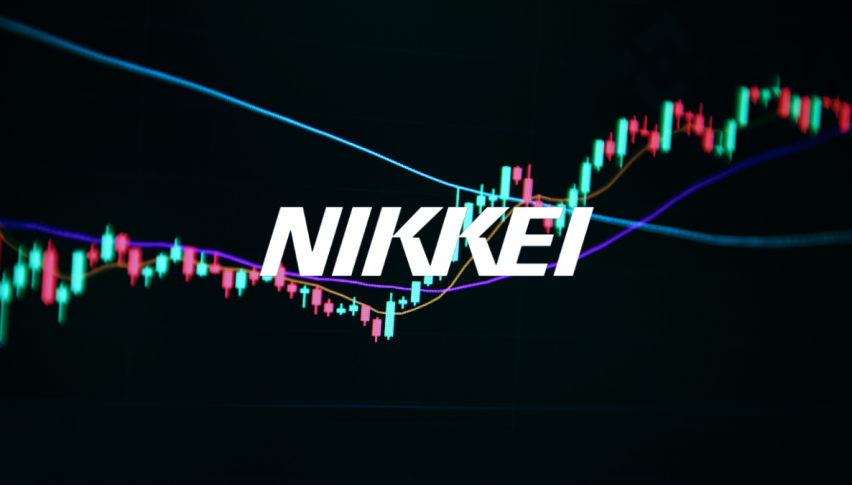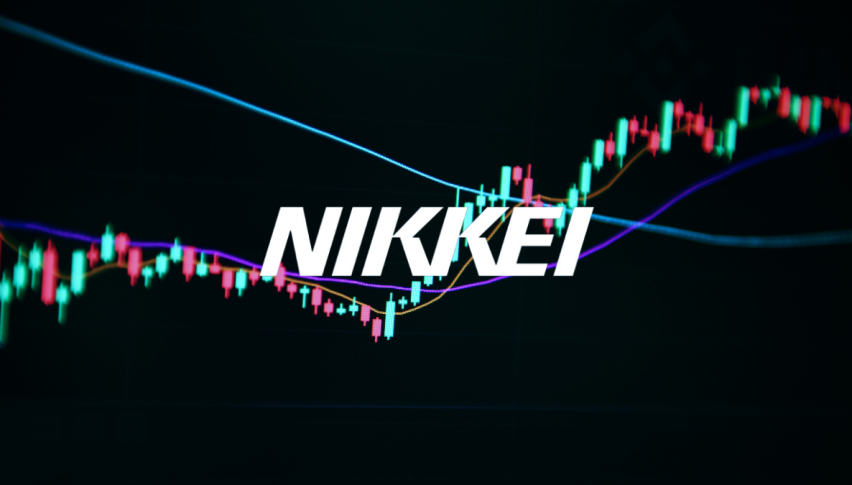Asian Markets Extend Gains Amid U.S. Inflation Focus and China’s Repo Rate Cut
In today’s trading, Asian markets showed resilience, with stocks extending their gains as investors shifted their focus toward U.S. inflation data. Recent economic developments in China, coupled with expectations of U.S. Federal Reserve actions, have influenced market sentiment across the region.

| Broker | Review | Regulators | Min Deposit | Website | |
|---|---|---|---|---|---|
| 🥇 |  | Read Review | FCA, CySEC, ASIC, MAS, FSA, EFSA, DFSA, CFTC | USD 100 | Visit Broker |
| 🥈 |  | Read Review | FSCA, FSC, ASIC, CySEC, DFSA | USD 5 | Visit Broker |
| 🥉 |  | Read Review | CySEC, MISA, FSCA | USD 25 | Visit Broker |
| 4 |  | Read Review | ASIC, BaFin, CMA, CySEC, DFSA, FCA, SCB | USD 200 | Visit Broker |
| 5 |  | Read Review | ASIC, FCA, CySEC, SCB | USD 100 | Visit Broker |
| 6 |  | Read Review | FCA, FSCA, FSC, CMA | USD 200 | Visit Broker |
| 7 |  | Read Review | BVI FSC | USD 1 | Visit Broker |
| 8 |  | Read Review | CBCS, CySEC, FCA, FSA, FSC, FSCA, CMA | USD 10 | Visit Broker |
| 9 |  | Read Review | ASIC, CySEC, FSCA, CMA | USD 100 | Visit Broker |
| 10 |  | Read Review | IFSC, FSCA, ASIC, CySEC | USD 1 | Visit Broker |
China’s decision to lower its repo rate has provided a significant boost to its stock market. By cutting the rate, China aims to inject liquidity into its financial system, supporting its struggling real estate and manufacturing sectors. This move helped Chinese stocks rise, contributing to the overall upward trend across Asian markets.
Meanwhile, investors are closely monitoring the U.S. inflation data. The Federal Reserve’s stance on interest rates remains uncertain, with many speculating that inflationary pressures could prompt further rate hikes. However, some analysts believe that if inflation shows signs of stabilizing, the Fed may take a more cautious approach, keeping rates steady.
Although Tokyo’s Nikkei was closed, futures were trading at 38,530, up from a previous cash close of 37,723. Last week, the index surged by 3.1% as the yen retreated from its recent highs and the Bank of Japan (BOJ) indicated it had no immediate plans to further tighten monetary policy.
Meanwhile, South Korea’s Kospi stocks saw moderate gains, increasing by 0.1%, as economic optimism outweighed concerns over global inflation.
However, not all markets in the region shared this upward momentum. Australia experienced a dip, largely due to losses in the retail sector, with major retailers reporting lower-than-expected earnings .
The combination of China’s supportive measures and cautious optimism regarding U.S. inflation data has driven positive market sentiment across Asia. As global economies continue to navigate inflationary pressures and geopolitical uncertainties, investors will remain attentive to both domestic policy changes and international economic developments.











